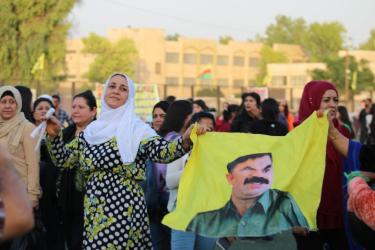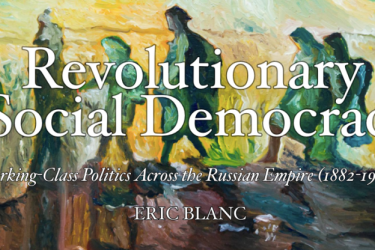
The revolution against the odds: An interview on Rojava with Anya Rebrii and Liza Shishko

Social contract of the Democratic Autonomous Administration of the North and East Syria Region

A disastrous friendship: The dangerous political economy of India’s support for Israel

Africa’s role in Palestinian liberation: An interview with Salim Vally

From Palestine to Tahrir Square: What Egyptians owe Palestinians

Gaza: A ghastly window into the crisis of global capitalism
William I Robinson & Hoai-An Nguyen — As the world watches in horror, the carnage in Gaza gives us a ghastly window into the rapidly escalating crisis of global capitalism.

Ecuador on the brink of the abyss


Central Eastern European Green Left Alliance formed (plus founding statement)

Two dialectical anniversaries: Lukács and Dunayevskaya

